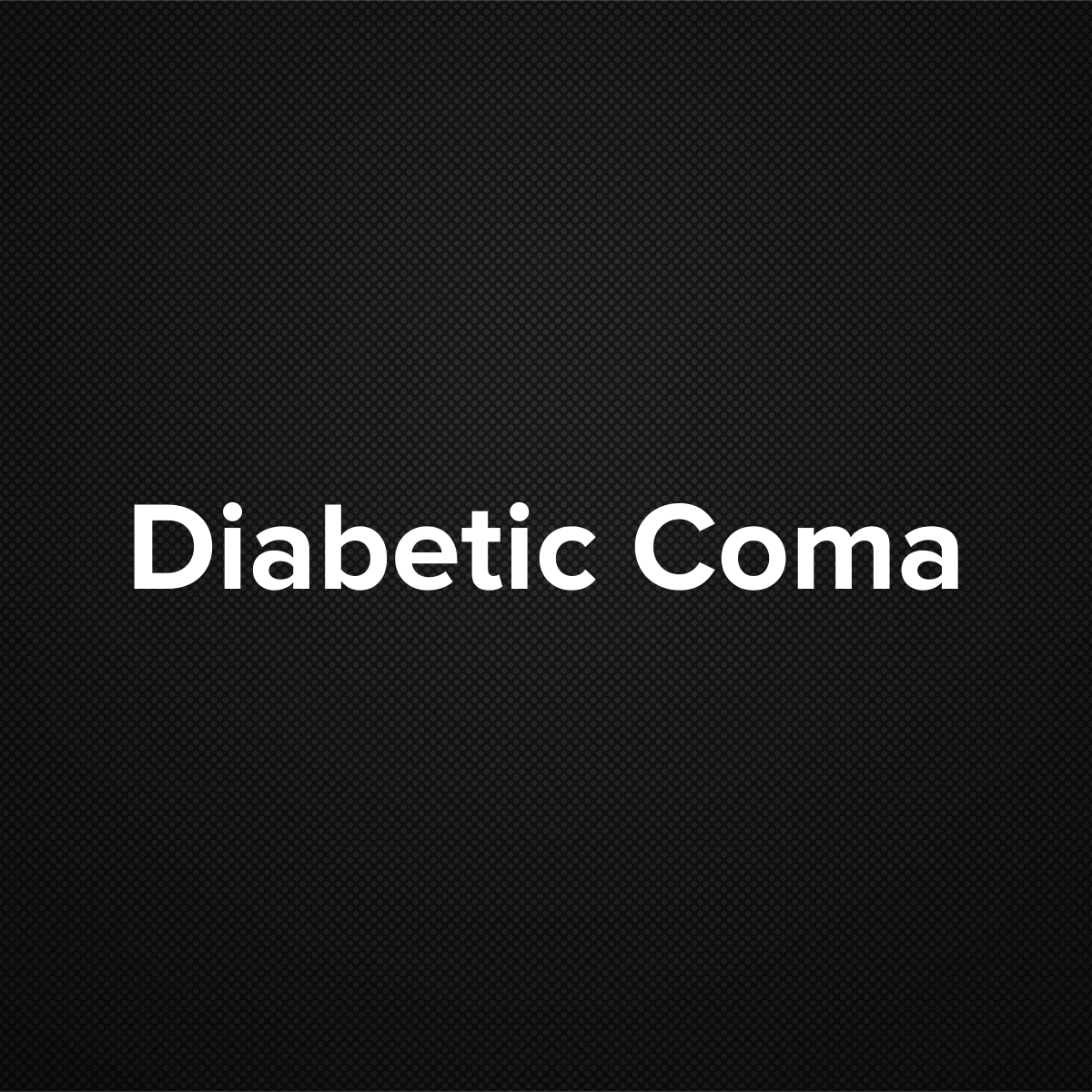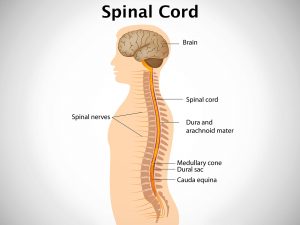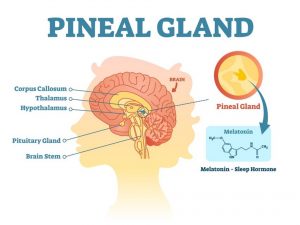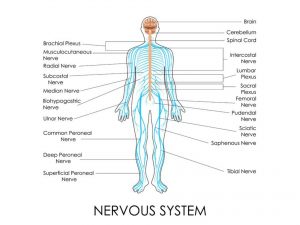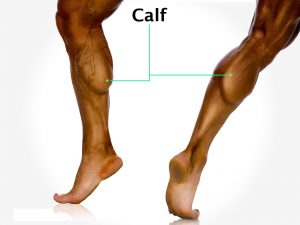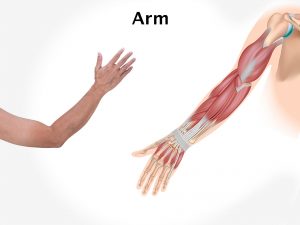Causative & risk factors
Severe low blood sugar levels (hypoglycemia) if left untreated, can lead to loss of consciousness and coma. This can happen in diabetics as a result of too much alcohol intake or a large overdose of insulin. Unusually excessive exercising can also lead to diabetic coma.
Diabetic hyperosmolar syndrome can also lead to coma. It happens when blood sugar gets very high and blood becomes thick and syrupy. Intake of excessively high amounts of sugar or missing doses of insulin can cause this condition.
Diabetic ketoacidosis can also lead to coma. It is a condition that develops when fat is broken down and used as a source of energy instead of sugars due to lack of enough insulin. This causes ketones build up in the blood and urine. The trigger factors for development of DKA are extremely high blood sugar levels combined with little or no insulin or dehydration, stress, any severe illness or infection, high fever, substance abuse or undergoing any form of surgery.
Clinical presentation
Before the individual actually loses consciousness, he will experience signs and symptoms of hyperglycemia or hypoglycemia.
Symptoms of high blood sugar (hyperglycemia) may include increased thirst (polydipsia), profuse urination (polyuria), weakness, dry mouth, fruity odor from breath, nausea/vomiting etc.
Symptoms of low blood sugar (hypoglycemia) may include hunger, weakness, profuse sweating, nervousness, nausea, confusion and an irregular heartbeat.
If the hypoglycemia or hyperglycemia is not treated on time, loss of consciousness and coma ensues. Diabetic coma may lead to permanent brain damage or can even be fatal.
Investigations
Whenever any diabetic patient experiences any unusual symptoms, his blood sugar levels must be tested first. Other tests to be carried out include urinary ketone levels, blood urea nitrogen, serum creatinine and electrolyte levels.
Treatment
Diabetic coma is a medical emergency. Lack of timely treatment can cause irreversible brain damage or even death. Treatment depends upon the underlying cause.
In cases of Diabetic ketoacidosis and Hyperosmolar diabetic coma, intravenous fluids and insulin are administered. Electrolytes such as potassium and sodium are replenished.
In hypoglycaemic diabetic coma, glucagon is administered to reverse the effects of insulin, or glucose is given intravenously.
While in a coma, the patient must receive adequate nutritional and respiratory support.
In order to prevent further episodes of coma or other complications, the patient is advised to strictly monitor his blood sugar levels and modify his lifestyle so that unnecessary sugar spikes do not occur.
